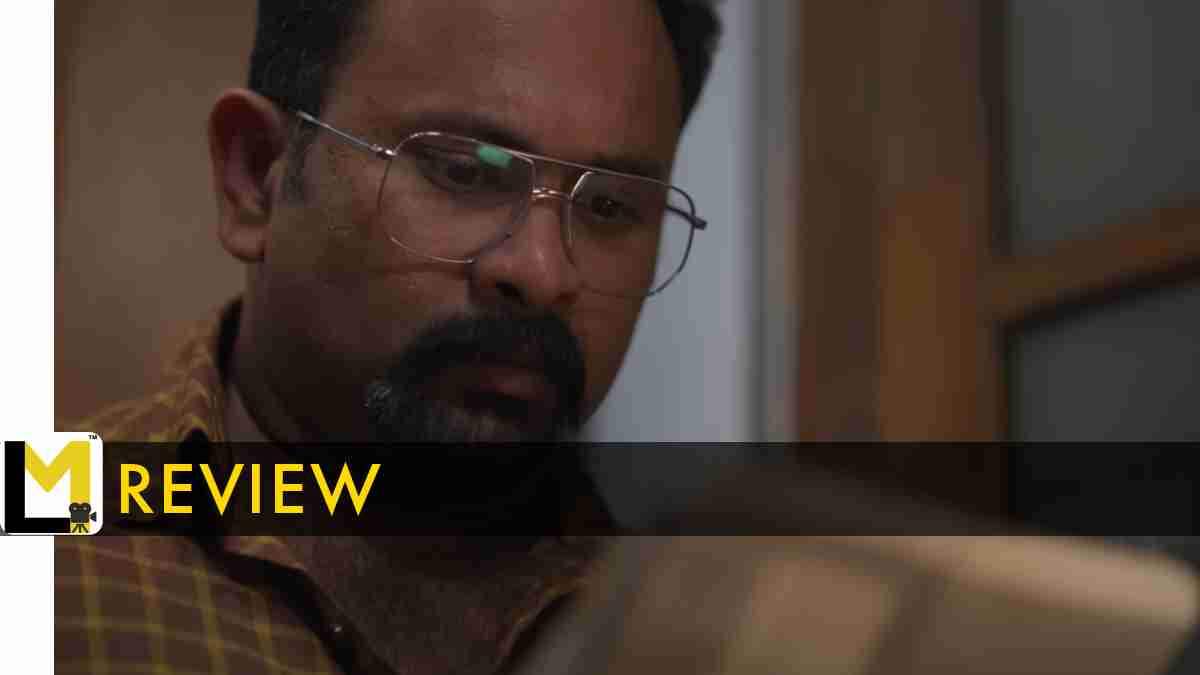Phoenix, the new movie directed by debutant Vishnu Bharathan, with a script by Midhun Manual Thomas, has a first half that is a bit inconsistent yet some of the elements in that first half, especially the interval block twist, give you a sense of excitement about something bigger and better that may happen in the second half. But the movie’s second half has a very generic backstory that gets stretched far too much. Looking at the very last frame of Phoenix, I can understand that the idea is to create a poignant love story, but the scripting tropes are way too outdated to create that sort of impact.
The story is set in the ’90s and Advocate John and his family are in search of a house. John is a peculiar guy who doesn’t like much socializing, and his search for a house with fewer neighbors and solitude ended when he finally found one at the seaside. But after the arrival, John starts getting letters addressed to another man named Freddy whom he thought was the last resident of that house. But the source of the letter and this man named Freddy remained a mystery, and slowly some supernatural events started to happen in that house. John’s efforts to put an end to everything is what we see in Phoenix.
As I said, the first half of the movie, which sort of has the advantage of mystery, is the better portion of this film. But the writing isn’t consistent. Towards the end of that first half, John is shown in this extremely vulnerable state, and that transition is very abrupt. His quiet wife suddenly became very dominating, and it just felt really odd. It was actually the mystery around the place and the possession twist, that made that first half engaging. When it comes to the second half, even though they have made the effort to recreate the ’70s, the love story between Anna and Freddy is tiring and cliched. The backstory just doesn’t have the charm in it to make us feel for those characters when the end credits roll.
Aju Varghese gets a prominent role in the movie as the advocate John. In the earlier bits of the film, you can see the rough nature of that character in the way he emotes and even in the body language. But when the character is shown as weak in some areas, the transition isn’t smooth on both the script level and performance level. Similar was the case with Nilja K Baby, who played the role of the wife. From that silent wife who sort of tolerated her husband, she transformed into this responding wife in a jarring way, and the dialogue delivery was also pretty stiff in that scene. Chandunath as Freddy looks perfect for the role of ’70s heartthrob. But when it comes to delivering those extra cheesy dialogues, the acting falters a bit. Abhirami Bose as Anna was okay in terms of performance, but the dubbing and performance were not in sync. Baby Aavni, as the child who gets possessed delivered a memorable performance. Bhagath Manuel, Anoop Menon, etc., are the other major names in the movie’s cast.
As I already said, the movie’s second half has this excruciatingly long flashback that just has too many things happening in a very unexciting and template-ish way. It seems like they have chopped off many other backstories as one of the scenes that got me excited seeing the trailer featuring Rony David Raj was not there in the final cut. Conceptually the movie is not taking any big challenge as we have seen similar stories earlier also. More than making it a horror film, there is this intent to make it feel like a horror extension of Romeo and Juliet. But the exhausting nature of the backstory just doesn’t allow the film to create any sort of depth. The cinematography by Alby uses less light in the first half, and the framing that has a lot of close-up shots helps the movie achieve that atmospheric feel. Sam CS’ background score also contributed to creating tension in the frame. The split diopter shot, which looked artificial in Garudan, felt pretty real in Phoenix.
You can see a lot of ambitious elements in the story of Phoenix. From setting the movie in the ’90s and ’70s to even including an epidemic in the narrative, the film gives you hope that something huge is about to unfold. But beyond the peripheral scale, the script doesn’t have a strong foundation that can give excitement to the viewer. Thus, Phoenix becomes a tiring experience for the viewer.
Looking at the very last frame of Phoenix, I can understand that the idea is to create a poignant love story, but the scripting tropes are way too outdated to create that sort of impact.
Green: Recommended Content
Orange: The In-Between Ones
Red: Not Recommended


